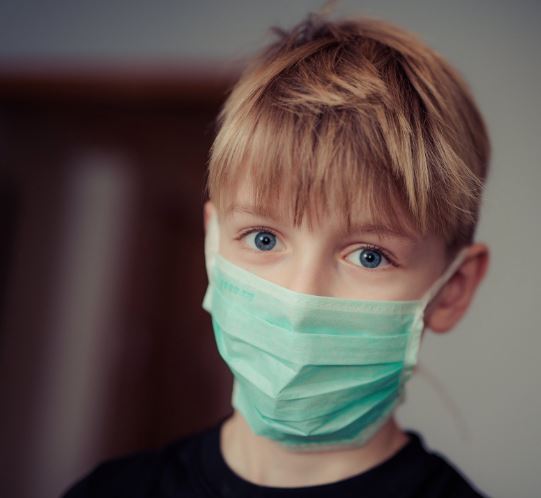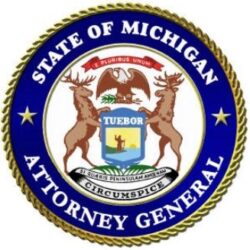
State launches college town COVID-19 Workplace Safety Program
State launches college town COVID-19 Workplace Safety Program
LEO is hosting a series of webinars to help college town retail, bars, restaurants and other businesses protect employees and customers from COVID-19
August 7, 2020
Contact: Erica Quealy, 517-582-2961
In an effort to help stop the spread of COVID-19 as students return to Michigan college and university communities, the Michigan Department of Labor and Economic Opportunity (LEO) will host a series of webinars for retail, bars, restaurants and other businesses in seven Michigan college towns.
“With the number of cases among young, college-aged Michiganders increasing, its critical we take extra steps to ensure that businesses in college towns know how to protect their employees, customers and communities from COVID-19,” said LEO Director Jeff Donofrio. “Businesses across the state are working hard to prevent the spread of COVID-19 and we’re working to provide resources and programs to help make that job easier.”
The information presented in the webinars will help businesses that serve college students – like retail, restaurants, bars and gyms – understand the most up-to-date rules and protocols they need to protect their patrons, employees and communities this fall.
Michigan COVID-19 Workplace Safety Director Sean Egan will present the latest information and answer questions on operations and compliance. Local businesses are encouraged to join on the date that coincides with their area:
- Tuesday 8/11 2:30-3:30PM Kalamazoo – Join Here
- Wednesday 8/12 2:30-3:30PM East Lansing – Join Here
- Thursday 8/13 2:30-3:30PM Grand Rapids/Allendale – Join Here
- Tuesday 8/18 2:30-3:30PM Detroit – Join Here
- Wednesday 8/19 2:30-3:30PM Ann Arbor – Join Here
- Thursday 8/20 2:30-3:30PM Mt. Pleasant – Join Here
- Friday 8/21 2:30-3:30PM Marquette – Join Here
“The return of college students presents a new challenge and our businesses must be ready,” said Egan. “To beat COVID-19, everyone must be aware of the latest information and follow key safety and health behaviors. We want to help local businesses understand exactly how to do that, so that together we can slow the spread of the virus and keep the economy moving.”
To learn more about COVID-19 Workplace Safety, visit Michgan.gov/COVIDWorkplaceSafety.
Information around this outbreak is changing rapidly. The latest information is available at Michigan.gov/Coronavirus and CDC.gov/Coronavirus.







